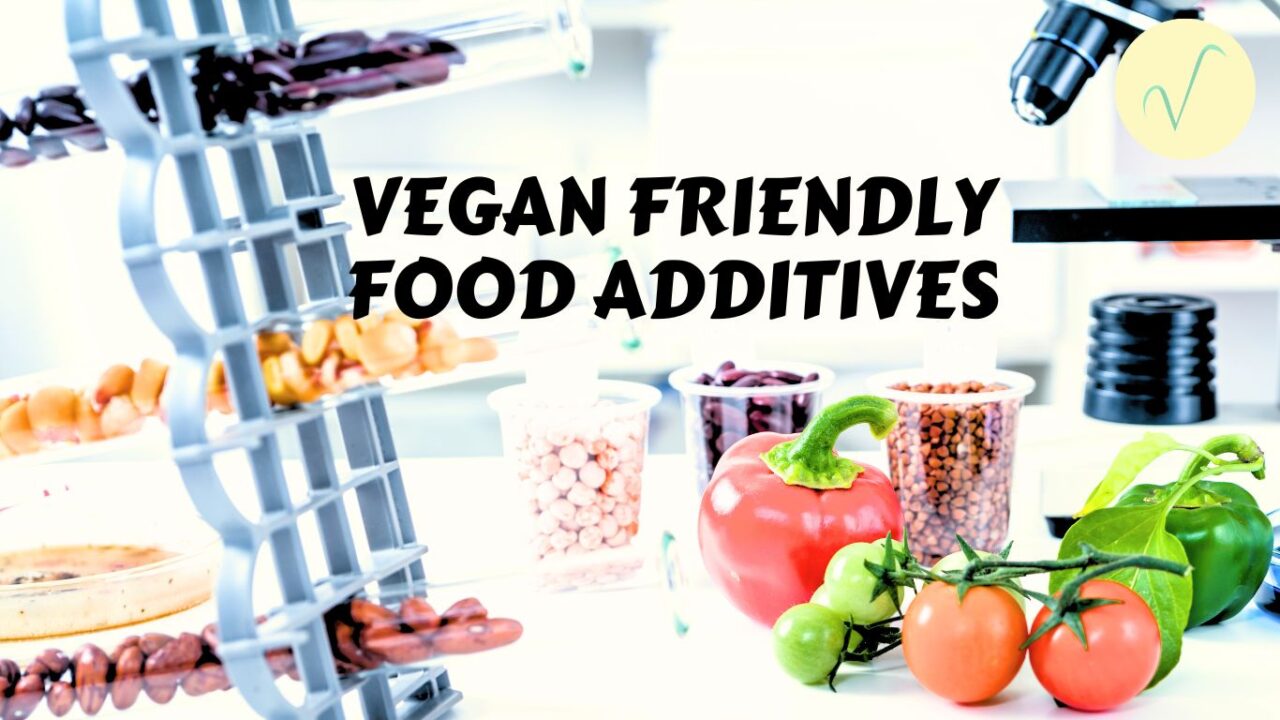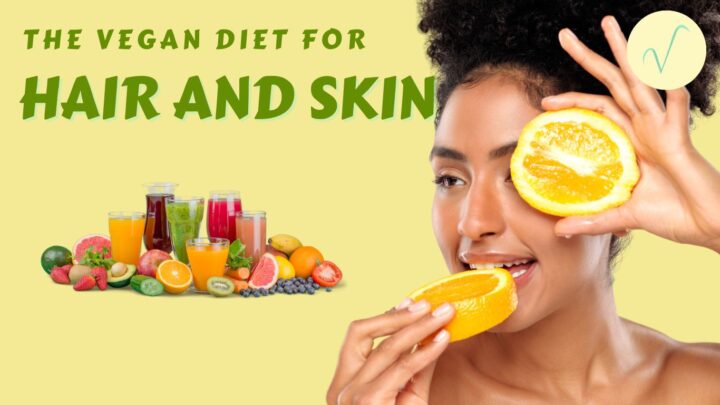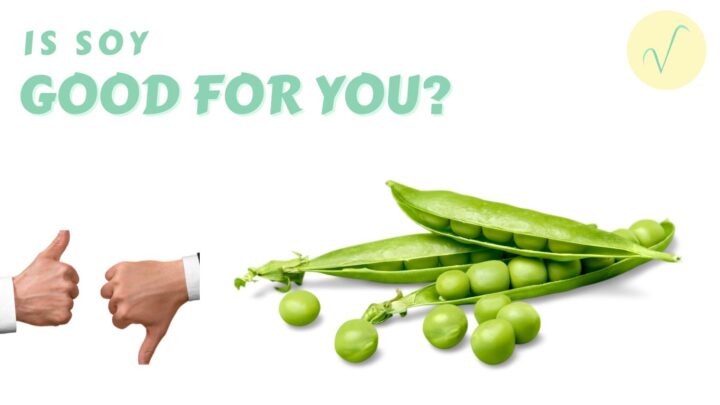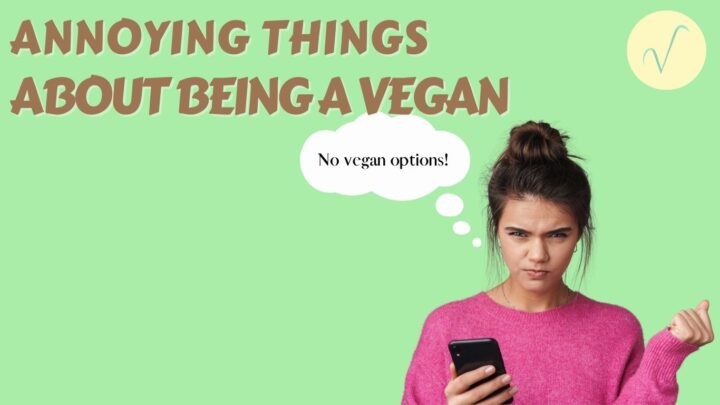I know I’m not the only one that finds it annoying that chemicals can be found in so many everyday foods nowadays. Then again if you eat a lot of processed foods, there’s not really much you can do about it!
As a vegan, it can be hard to figure out how to build your diet from scratch in general, let alone figure out which additives to avoid too. Nevertheless, there are some key ingredients to avoid as a vegan, this post will cover some of them.
Are any food chemicals vegan?
There are many vegan preservatives, that said, there’s a grey area to that. A lot of vegan-friendly food additives are sometimes sourced from animal based ingredients.
This is why it’s important to always check the label prior to eating a food. You never really know where these unpronounceable ingredients are sourced from, unless you do your research.
Food additives for vegans to avoid
Some food chemicals should be completely avoided for those following a vegan diet. Some of these are listed below.
E120 (Carmine or Cochineal)
Carmine, otherwise known as cochineal, is a red food colouring that’s sourced from cochineal beetles. It’s used in yoghurt drinks, chocolate, sweets, as well as numerous pharmaceutical products.
E270 (Lactic acid)
Unlike what the name suggests, “lactic” acid is typically sourced from sucrose or starches, and not milk and dairy products. However, as it occurs naturally in the blood it’s also likely to be of animal origin sometimes – Best to avoid it unless the product explicitly says it’s “vegan”.
E415 (Xanthan gum)
Xanthan gum is commonly thought to be vegan, produced by fermentation, but could also sometimes be produced using derivatives of whey, which is milk-based. Another one of those “make sure it says ‘vegan’ moments”.
E441 (Gelatine)
Gelatine is actually nasty, sourced from the boiled down hooves, skin, and tendons of animal remains. Found in jelly, some jams, and gummy sweets – Definitely not vegan friendly, to say the least.
Gelatine is one to avoid completely, and keep an extra eye out for. It isn’t ever highlighted in bold as an allergen in ingredient lists, so look extra hard when going shops for some sweets.
E542 (Bone Phosphate)
Usually found in cosmetic products, toothpaste and some supplements, and is sourced from the bones of cattle and pigs. It’s unsuitable for vegans, so make sure you know what’s in your beauty products.
E901 (Beeswax)
Typically found in gummies, and usually overlooked as they’re listed on “vegetarian” labeled sweets, beeswax is one to look out for.
It’s made from the literally wax from a beehive, so is of course not vegan friendly, despite the common misconception that honey’s vegan.
E904 (Shellac)
I once had this snack at work that was dark chocolate, crispy soy beans, coconut flakes and dried berries, tell me why they needed to include shellac, sourced from the Thai Lac bug?
It’s like they don’t want us vegans to win.
E913 (Lanolin)
Lanolin is an ingredient sourced from wool, or more specifically, sourced from the wax in sheep’s wool. That’s just nasty man.
E966 (Lactitol)
Lactitol is a chemical based from the sugar found in milk, which is in fact, not vegan. Keep an eye out for it in baked goods.
E1105 (Lysozyme)
Lysozyme is a chemical that’s derived from egg whites. Always read the label, these products aren’t “vegan” for a reason (sometimes)!
Food chemicals that are more vegan friendly
It’s not all (completely) doom and gloom. Some chemicals are more often than not, made with vegan-friendly chemicals, you just got to know what’s what.
E100 (Curcumin)
Circumin is based from the active ingredient in turmeric: curcumin. A naturally vegan chemical, that’s a W.
E101 (Riboflavin – Vitamin B2)
Typically used in an array of food products, riboflavin, or e101 is known as a typically vegan chemical, synthesised using microorganisms such as yeast, as opposed to milk and dairy based methods.
E104 (Quinoline Yellow)
A yellow food colouring, also typically used for sweets, is also a vegan-friendly food additive. Based from some type of sodium salt chemical concoction.
E414 (Gum Arabic)
Gum Arabic, which is in a lot of products, is also naturally vegan. Taken from two species of the acacia tree, known as Acacia Senegal & Acacia Seyal, used as a stabiliser.
E153 (Carbon black)
Carbon black’s derived from green bamboo, otherwise known as vegetable carbon. It’s used medically for those suffering from excessive diarrhea.
E304 (Ascorbyl palmitate)
E304 is an ester based from the combination of ascorbic acid (vitamin C) and palmitic acid (palm oil), effectively working as a fat-soluble source of vitamin C, and antioxidant in foods.
E322 (Lecithin)
Lecithin is a commonly used ingredient typically found in chocolate and baked goods, typically labelled as “soy lecitihin”. Usually derived from soybean oil, about as vegan as it gets tbh.
E326 (Potassium lactate)
Potassium lactate is made from the potassium salt of lactic acid. Produced when the lactic acid emitted from a fermented sugar source is neutralised.
Used in processed foods, as we’re talking about chemicals.
E422 (Glycerol/Glycerine)
Glycerol is one of those that is primarily made from vegetable fats, but can also be sourced from animal fats if you’re not careful.
Found in chewy sweets, candy in general, as well as cakes and baked goods. Always read the label if in doubt, or email them if you’re really not sure (the product source, that is).
E570 (Fatty acids)
This fat based chemical is typically based off fat in general, but is more commercially known to use cottonseed oil, as opposed to animal based origins.
Typically used as an anti-caking agent in chewing gum, sweets or artificial vanilla flavourings. Good to know!
E920 (L-cysteine)
E920 is mainly sourced using raw materials from vegetable origin, mainly vegan-friendly.
Typically used in small amounts in bread and other baked goods.
If you were to ask for my true opinion, I’d recommend minimising as much chemicals in your diet as you can.
I don’t like not knowing what’s in my food, and my bare minimum would be to, if I do get something particularly processed, at least make sure it’s got a vegan symbol on it.
I hope you enjoyed this post on which additives are vegan friendly, I personally always remember to look out for shellac, gelatine, and beeswax as well as milk, eggs, etc.
Thank you for considering veganising it for your vegan lifestyle inspiration. Be well and stay blessed.
To explore further, check out the following links:
//vegsoc.org/info-hub/veggie-need-to-know/e-numbers/
//simplifyvegan.com.au/additives/




